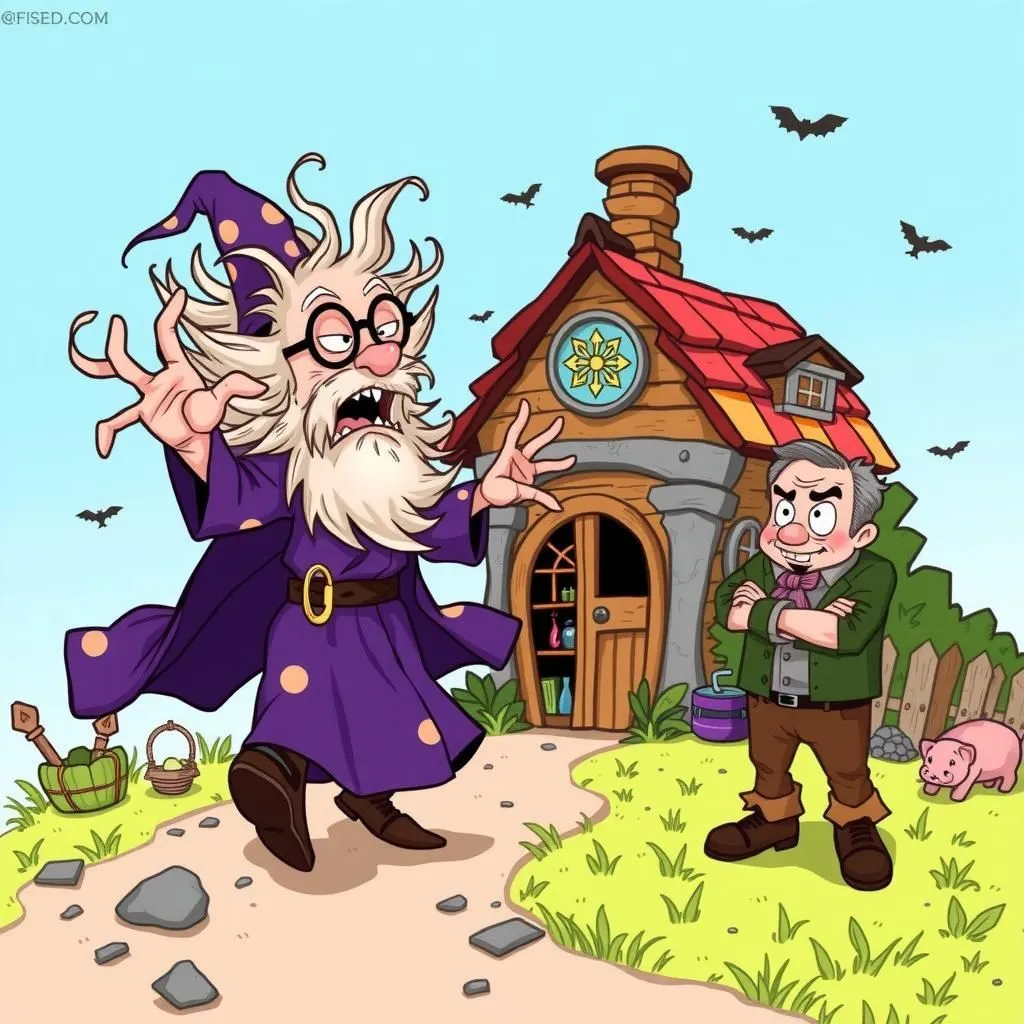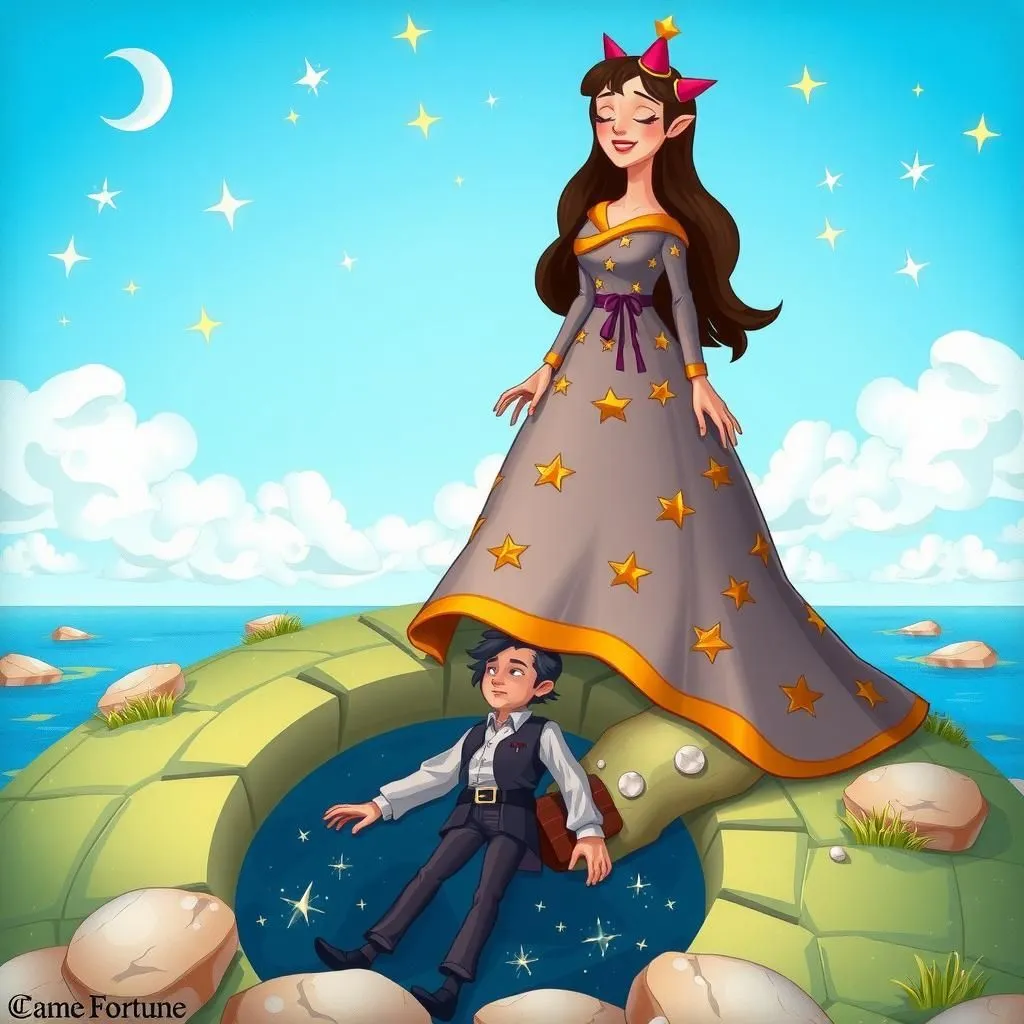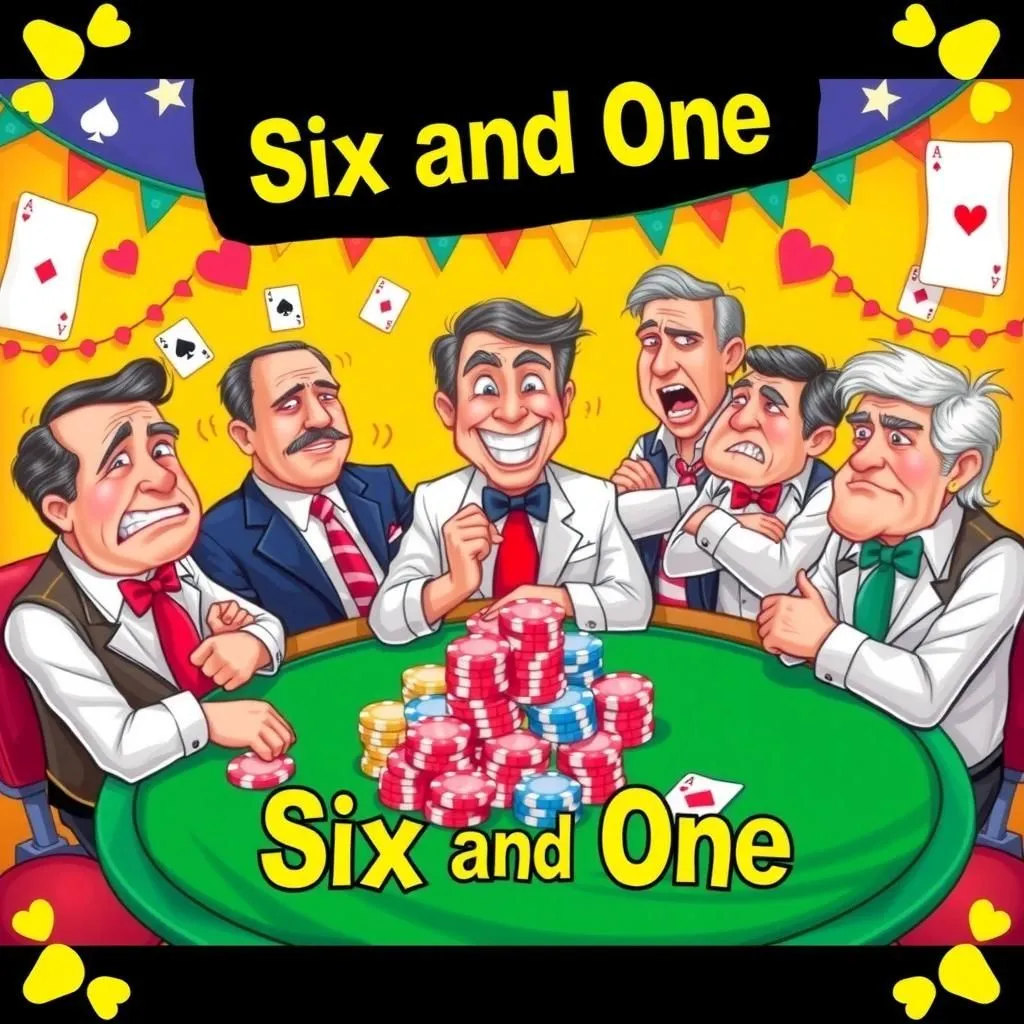
The Doe and the Lion
In "The Doe and the Lion," a doe fleeing hunters discovers a life-changing truth as she seeks refuge in a lion's cave, only to be attacked and killed by the very beast she thought would save her. This poignant tale serves as a cautionary reminder for young readers that in avoiding one danger, one must be wary of falling into a greater peril. Through folklore and moral stories like this, we learn valuable lessons for personal growth and the importance of careful decision-making in life.


